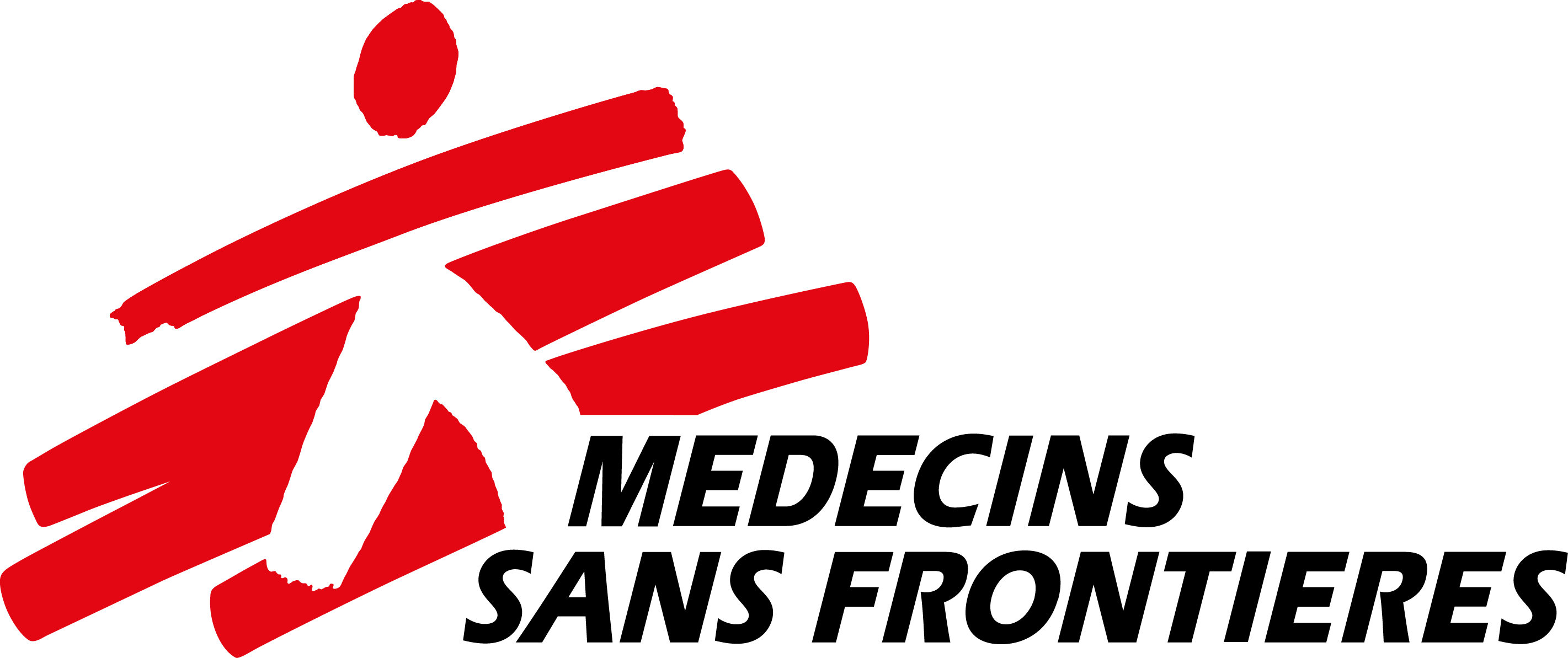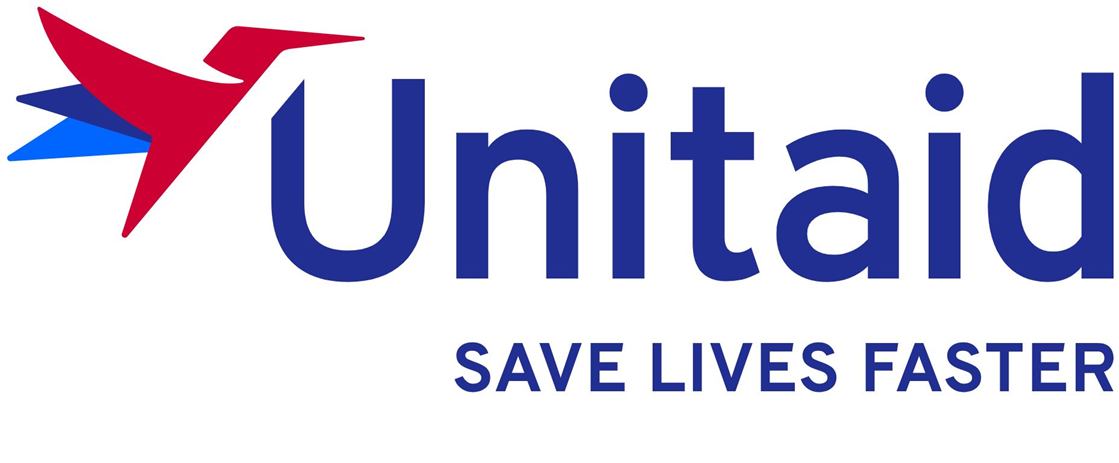ABSTRACT
RATIONALE: Treatment outcomes may be compromised among patients with multidrug- or rifampicin-resistant tuberculosis with additional fluoroquinolone resistance. Evidence is needed to inform optimal treatment for these patients.
OBJECTIVES: We compared the effectiveness of longer individualized regimens comprised of bedaquiline for 5 to 8 months, linezolid, and clofazimine to those reinforced with at least 1 third-tier drug and/or longer duration of bedaquiline.
METHODS: We emulated a target trial to compare the effectiveness of initiating and remaining on the core regimen to one of five regimens reinforced with (1) bedaquiline for ≥9 months, (2) bedaquiline for ≥9 months and delamanid, (3) imipenem, (4) a second-line injectable, or (5) delamanid and imipenem. We included patients in whom a fluoroquinolone was unlikely to be effective based on drug susceptibility testing and/or prior exposure. Our analysis consisted of cloning, censoring, and inverse-probability weighting to estimate the probability of successful treatment.
MEASUREMENTS AND MAIN RESULTS: Adjusted probabilities of successful treatment were high across regimens, ranging from 0.75 (95%CI:0.61, 0.89) to 0.84 (95%CI:0.76, 0.91). We found no substantial evidence that any of the reinforced regimens improved effectiveness of the core regimen, with ratios of treatment success ranging from 1.01 for regimens reinforced with bedaquiline ≥9 months (95%CI:0.79, 1.28) and bedaquiline ≥9 months plus delamanid (95%CI:0.81, 1.31) to 1.11 for regimens reinforced by a second-line injectable (95%CI:0.92, 1.39) and delamanid and imipenem (95%CI:0.90, 1.41).
CONCLUSIONS: High treatment success underscores the effectiveness of regimens comprised of bedaquiline, linezolid, and clofazimine, highlighting the need for expanded access to these drugs.
Access the full article here:
Resource type
Topics




